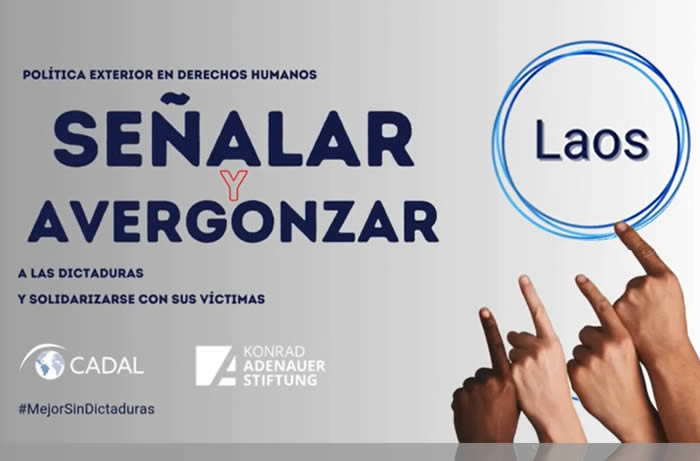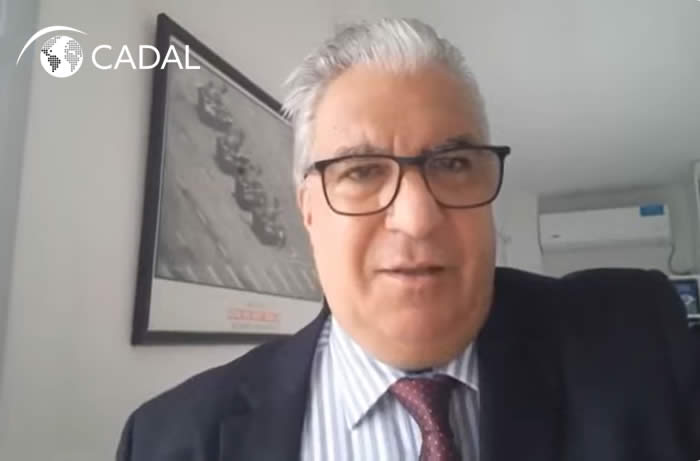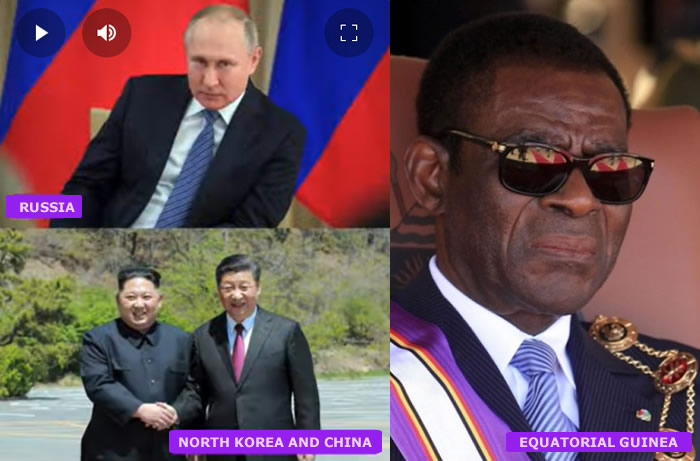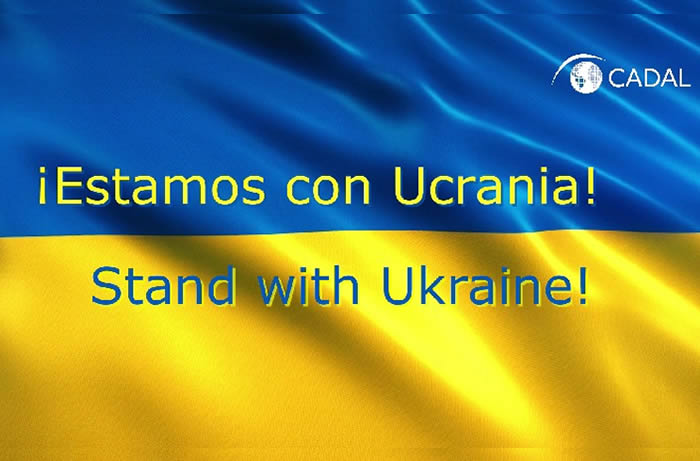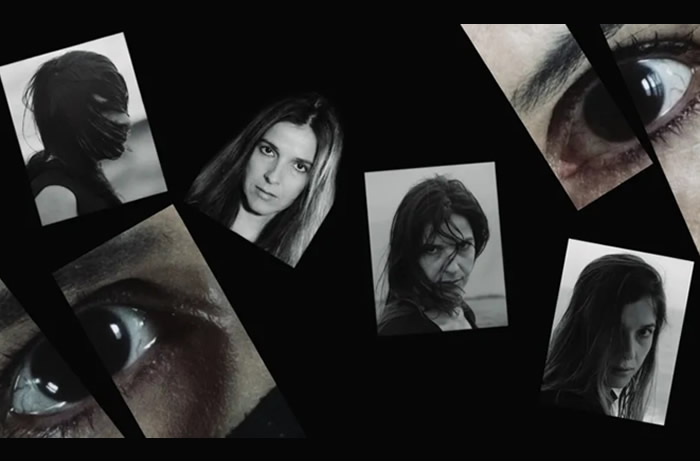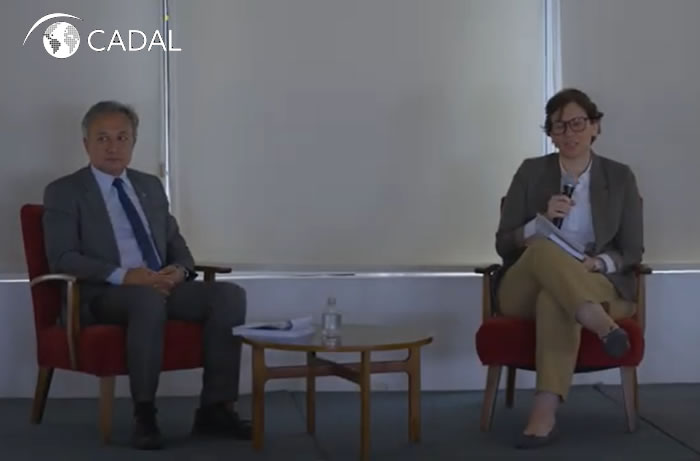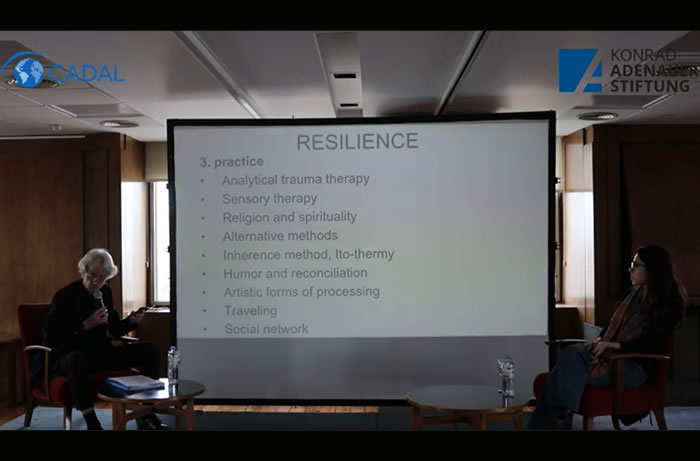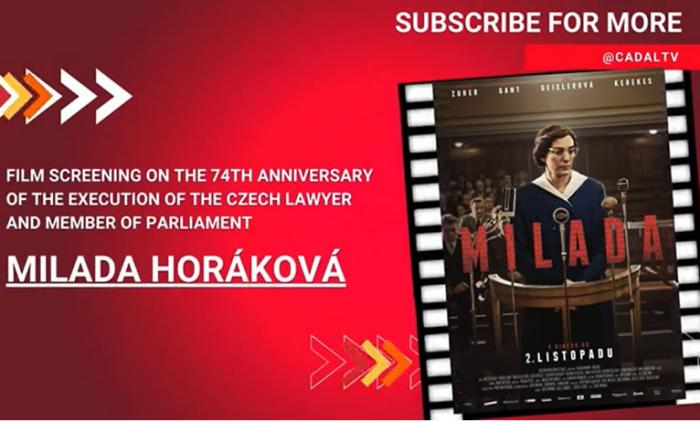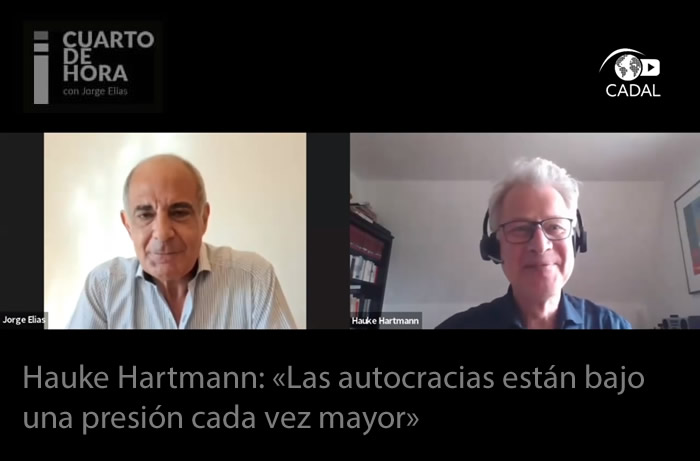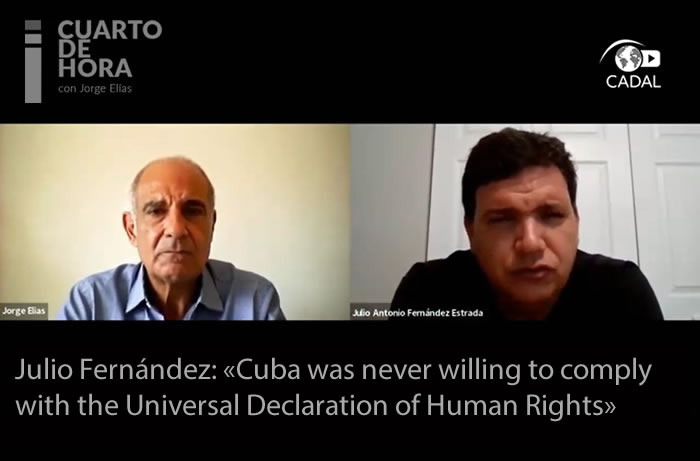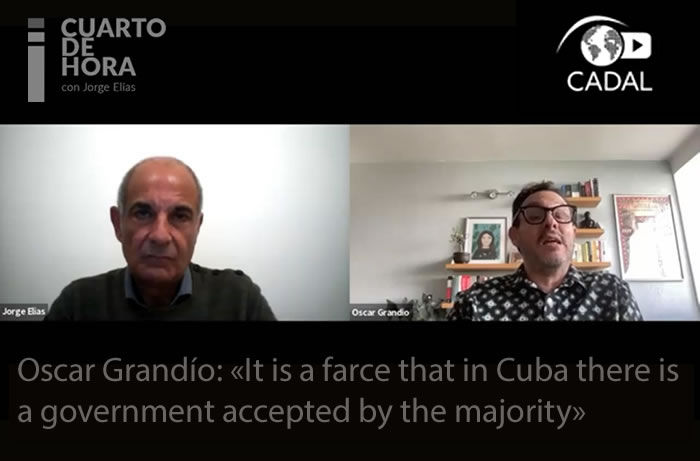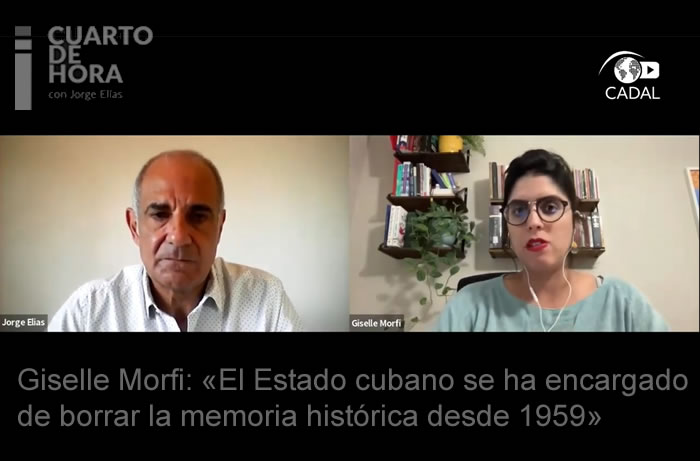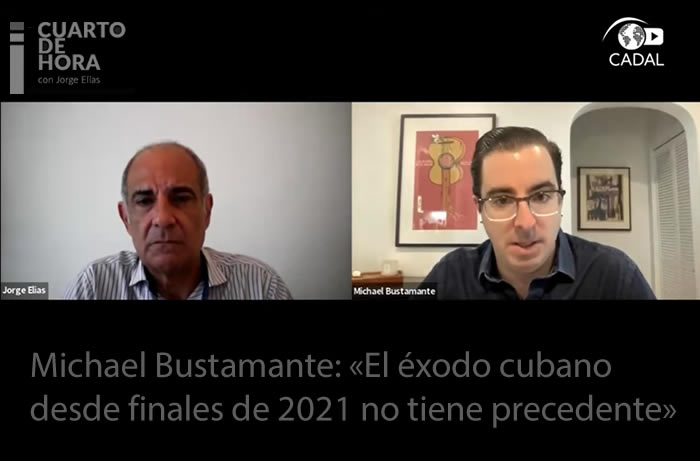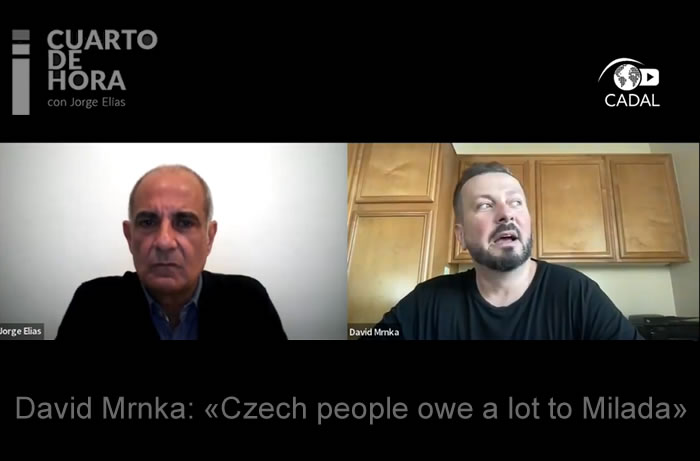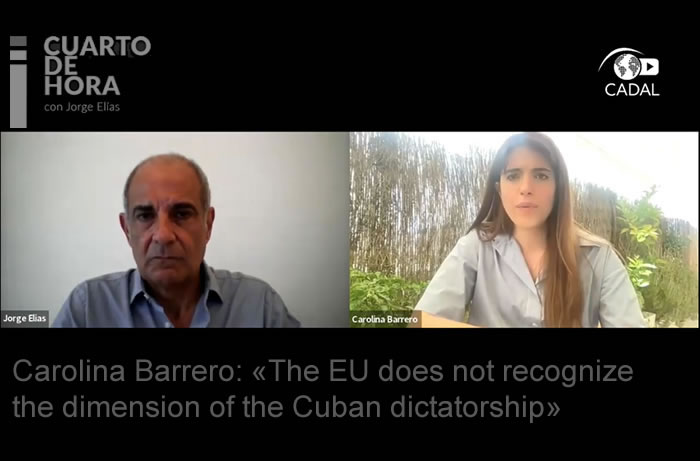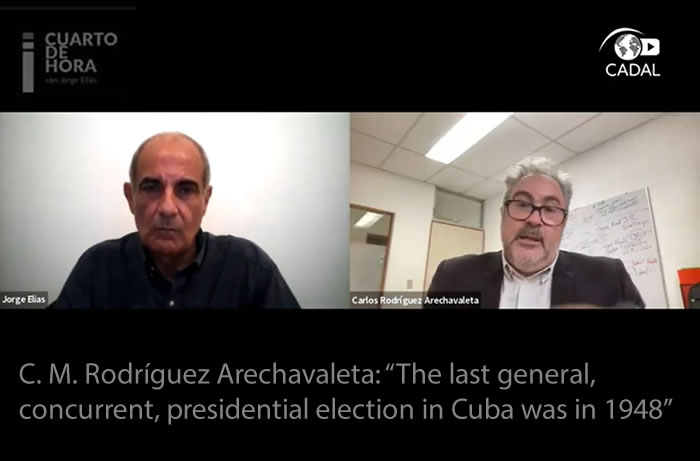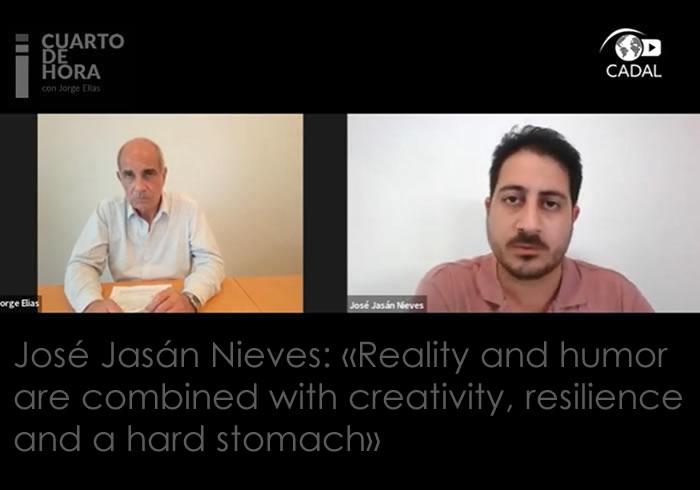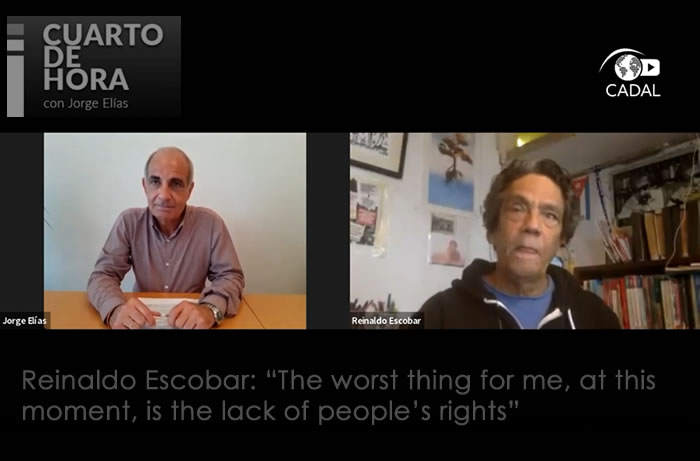Notes of books
Prologue - Another crack on the wall, by Robert Cox
It is at this moment, in the year 2003, when lies abound, when it is difficult to know where and whom has the truth, that this book should be read. It is a sincere document, written by a journalist who has always wanted to search for the truth. A journalist without ideological blindness who displays the truth like he lived it.
When I heard on BBC that an Argentine journalist had been arrested and later deported from Cuba for interviewing independent journalists on the island, it reminded me of a similar experience I had thirteen years ago. I did not realize at the time that the name of the journalist who was arrested was Fernando Ruiz, whose work on the kidnapping of Jacobo Timerman had impressed me. By chance, I found his report on internet and decided to congratulate him via e-mail. This electronic encounter led to Fernando’s invitation for me to write the foreword of this book.
Thanks to his vivid report, Fernando has given me the opportunity to revisit Cuba and meet wonderful people. In the past, due to my work for the Inter American Press Association (IAPA), I had been in touch with independent Cuban journalists through their work and had held telephone conversations with Raúl Rivero, the best-know independent journalist on the island, who was vice-president of IAPA’s Committee on Freedom of the Press.
Unfortunately, my name has been on the Castro regime’s black list since my twelve-day stay in Havana in September 1990. I am a persona non grata in Cuba. Back then, I traveled to Cuba as a delegate for the International League for Human Rights of New York, and was to represent it at a United Nations conference. Because Castro’s regime wanted to have the prestige of hosting the UN, it guaranteed the entrance of all the representatives of institutions that were associated to the international organization. I had to travel without a visa (they continuously delayed giving me one), and managed to enter the country despite Castrist officers’ resistance.
My interest for the situation in Cuba had started upon my arrival in Argentina in 1959, when Fidel Castro was still on Sierra Maestra.
I remember myself designing the front page of the Buenos Aires Herald the day the ‘barbudos’ arrived in Havana. I celebrated the victory over Batista as a triumph of democracy for all Latin America. How disappointing! The result of Castro’s revolution has taken a 360 degree turn to end up as another dictatorship that tolerates not even a trace of democracy.
I think one of the reasons that allow Castro to keep repressing the Cuban people is a consequence of what I call “ideological blindness”. This mental illness allows human beings to ignore what they do not want to see.
I came across the horrible consequences of ideological blindness in Argentina during the military dictatorship (known as the ‘Proceso’) between 1976 and 1983, when most Argentines refused to see what was right in front of them and did not protest against the illegal assassinations, routinely accompanied by tortures. These crimes were carried out by the military in response to a guerrilla and terrorist uprising.
I remember an absurd but true example of ideological blindness.
An Argentine businessman who had been living in New York for decades came to see me at the Buenos Aires Herald offices. He was aware of the advertising campaign that the military government was carrying out abroad in response to an alleged anti-Argentine conspiracy organized by international human rights entities.
This man told me he had come to Buenos Aires to uncover the truth and expressed his concern regarding reports published by the Buenos Aires Herald on the disappearance of people who had been arrested by armed groups, apparently under orders from the military government. He was especially upset with reports on the mothers of Plaza de Mayo and their demonstrations in front of the Casa Rosada to request information on their disappeared children.
The purpose of verifying these facts for himself led him to Plaza de Mayo to see if they were true. There, a policeman told him that the “mothers” did not exist and that the reports on disappeared people were anti-Argentine propaganda of communist sympathizers. The businessman consequently presented his complaints to me and was angry about the supposed lies published in the Herald. I explained the real situation and assured him that the mothers of Plaza de Mayo did exist and that we, at the newspaper, were very careful and published only what we knew was true. He refused to believe me because it did not comply with his preconceived ideology. He wanted to believe that the government’s propaganda slogan (“Argentines are human and right”) was correct. And this is what he wanted to believe, despite all the contrary evidence.
I remembered this conservative visitor fourteen years later, when I unexpectedly met an Argentine doctor where the United Nations conference was being held, in Havana. Once again, I was faced with a case of ideological blindness, but on this occasion, from the left of the political specter. I was very happy to meet this doctor because he was still in jail when I left Argentina and I never had the chance to meet him personally. But I did get to know his mother very well because she informed me of her son’s kidnapping and temporary disappearance in the hands of the military. At that time, I wrote a number of articles and editorials insisting that the government act abiding the law. Our campaign was successful. The government changed his status from disappeared to detained. His mother was convinced that the Buenos Aires Herald had saved her son’s life.
I admired the doctor, a socialist idealist. Although he was threatened by the military, who labeled him as a Maoist revolutionary, he carried on operating at a free clinic for poor people in one of the worst shanty towns in the province of Buenos Aires. Upon meeting him in the Cuban capital, I expected him to see the resemblance between Castro’s regime and the Argentine military dictatorship. So I asked him for his help to persuade the government of the island to grant visas to Cuban children who wanted to reunite with their exiled parents. (The cases were similar to that of Elian González, but the other way around). I told him I was in Cuba as a delegate for the International League for Human Rights and I tried to arouse his sympathy for Cuban dissidents that I had met. Also, I explained that the League was trying to persuade Castro’s regime to grant Cuban human rights groups legal status.
Another disappointment. The doctor could find no fault in Cuba that was not a consequence of the United State’s policy. His ideological blindness forbade him from seeing how the State’s police apparatus controlled everything in Cuba. By not seeing what was really taking place on the island, he had no qualms about enjoying and savoring the excellent food that the government served its foreign guests. That year, 1990, the aid from the Soviet Union came to a stop. There were no dollar remittances. The majority of Cubans suffered from hunger. However, for us, the guests, the tables were overflowing with fine food and delicacies.
Ever since my departure from Argentina in December, 1979, when the lives of my wife and five children were in danger after a death threat targeted at my 11 year-old son, I have dedicated a great deal of effort towards the defense of human rights and, particularly, the defense of freedom of expression, the most basic of rights. In my work for the Inter American Press Association, twice as president of the Committee on Freedom of the Press and as president of the Society between 2001 and 2002, I have found more similarities than differences between the governments of the right called authoritarian and totalitarian regimes of the left. While in Cuba, I recognized the same techniques used by the repression forces against dissidents in Pinochet’s Chile or Videla’s Argentina.
But there is an enormous difference of perception. The horrors committed under Pinochet and Videla are universally recognized and condemned. But the forty four year-old dictatorship is celebrated and Fidel Castro can bask in the admiration he aroused during his visit in Buenos Aires, when the Argentine president, Nestor Kirchner, took office. I have asked myself many times why Castro is not hated like Pinochet, seeing that they have, in my opinion, a lot in common. Even those who promote the cause of human rights and relate to these ideas see Castro’s regimes from a different perspective, from another point of view.
On returning from Cuba, I wrote an article for the magazine Index on Censorship, at the request of its editor, Andrew Graham-Yooll. He commented that members of the staff had been upset and surprised at my pointing out similarities between the methods employed by the Cuban government and the Argentine military dictatorship.
They would have liked to censor the article. I had written: “Nothing that happened had bothered much. (I had already been target of harassment of the Argentine police during the dictatorship. You could not scare someone who had lived in Argentina during those years.) But, I asked myself, could I settle for the only ‘alleged’ difference: the Argentine military authoritarianism and the Castrist totalitarianism? Is no one tortured or murdered (albeit, yes, executed) in totalitarian Cuba? But, how is it possible that the truth is known in a country that has neither freedom of press nor freedom of speech and fear is the only shroud that covers the country?
Ideological blindness can affect even the most sensible people, those who you would least expect. In 1980 I was a visiting scholar at the Woodrow Wilson Center, in Washington, DC. During that time, there was another exiled fellow: Heberto Padilla, a Cuban novelist and poet, who had fallen into disgrace for not having followed directives set out by the party of Castro’s regime. An international protest organized by leftist intellectuals convinced Castro to free him. It was no surprise that the exiled Cuban community adopted him. Upon leaving jail, he was wooed by the Argentine military junta. Back then, Padilla thought that there was no comparison between the Cuban repression and the Argentine one. He did not understand why the world cried out against the methods employed by the Argentine military regime.
On the other hand, the brave Cuban dissidents have suffered due to the little intervention (reluctant intervention) on behalf of leftist groups to condemn human rights abuses in Cuba.
Fernando Ruiz tells the story of exiled journalist Juan Arcocha, who accompanied Jean Paul Sartre and Simone de Beauvoir when they visited Cuba after the revolution. Time passed and the journalist asked the famous couple to return to the island to understand what had occurred in Cuba years later. They refused because they did not want to face the truth. They preferred the “memory of the revolution’s honey moon”.
In this way, with these anecdotes, Fernando Ruiz shows us how personalities such as Sartre or Beauvoir have avoided fulfilling their obligation to tell the truth. Ruiz has been able to compile the stories of wonderful people who personally expose themselves to fight against a cruel system, in a regime where lies and accusations are the order of the day.
While reading the book, I ask myself again, until when will the repression continue? When I heard that Fernando Ruiz had been arrested for meeting with dissidents, I was surprised. I thought it was a clumsy and absurd reaction. This act forced the world to lay their eyes on Cuba again.
I remembered what I wrote fourteen years ago: “Although there is repression in Cuba, there are traces of movements towards freedom”. But, like in Fernando Ruiz’s case, all the information I gathered in Cuba was confiscated before I departed.
It is at this moment, in the year 2003, when lies abound, when it is difficult to know where and whom has the truth, that this book should be read. It is a sincere document, written by a journalist who has always wanted to search for the truth. A journalist without ideological blindness who displays the truth like he lived it.
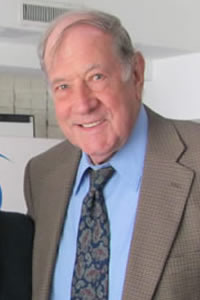 Robert CoxEs un periodista británico que se desempeñó como editor del periódico Buenos Aires Herald, destinado a la comunidad británica en la Argentina. Cox se destacó por su valor frente a la dictadura militar que entre 1976 y 1983 impuso un régimen de terrorismo de Estado en ese país. Él mismo fue detenido ilegalmente y debió abandonar Argentina en 1979 ante la inminencia de su desaparición. Radicado en Charleston, Carolina del Sur, Estados Unidos, llegó a ser subdirector del periódico Daily News and Courier, medio principal del grupo propietario del Buenos Aires Herald. En 2005 la Legislatura de la Ciudad de Buenos Aires lo distinguió por su valor como periodista durante la dictadura militar. Fue distinguido con la Orden del Imperio Británico y el Premio María Moors Cabot.
Robert CoxEs un periodista británico que se desempeñó como editor del periódico Buenos Aires Herald, destinado a la comunidad británica en la Argentina. Cox se destacó por su valor frente a la dictadura militar que entre 1976 y 1983 impuso un régimen de terrorismo de Estado en ese país. Él mismo fue detenido ilegalmente y debió abandonar Argentina en 1979 ante la inminencia de su desaparición. Radicado en Charleston, Carolina del Sur, Estados Unidos, llegó a ser subdirector del periódico Daily News and Courier, medio principal del grupo propietario del Buenos Aires Herald. En 2005 la Legislatura de la Ciudad de Buenos Aires lo distinguió por su valor como periodista durante la dictadura militar. Fue distinguido con la Orden del Imperio Británico y el Premio María Moors Cabot.
When I heard on BBC that an Argentine journalist had been arrested and later deported from Cuba for interviewing independent journalists on the island, it reminded me of a similar experience I had thirteen years ago. I did not realize at the time that the name of the journalist who was arrested was Fernando Ruiz, whose work on the kidnapping of Jacobo Timerman had impressed me. By chance, I found his report on internet and decided to congratulate him via e-mail. This electronic encounter led to Fernando’s invitation for me to write the foreword of this book.
Thanks to his vivid report, Fernando has given me the opportunity to revisit Cuba and meet wonderful people. In the past, due to my work for the Inter American Press Association (IAPA), I had been in touch with independent Cuban journalists through their work and had held telephone conversations with Raúl Rivero, the best-know independent journalist on the island, who was vice-president of IAPA’s Committee on Freedom of the Press.
Unfortunately, my name has been on the Castro regime’s black list since my twelve-day stay in Havana in September 1990. I am a persona non grata in Cuba. Back then, I traveled to Cuba as a delegate for the International League for Human Rights of New York, and was to represent it at a United Nations conference. Because Castro’s regime wanted to have the prestige of hosting the UN, it guaranteed the entrance of all the representatives of institutions that were associated to the international organization. I had to travel without a visa (they continuously delayed giving me one), and managed to enter the country despite Castrist officers’ resistance.
My interest for the situation in Cuba had started upon my arrival in Argentina in 1959, when Fidel Castro was still on Sierra Maestra.
I remember myself designing the front page of the Buenos Aires Herald the day the ‘barbudos’ arrived in Havana. I celebrated the victory over Batista as a triumph of democracy for all Latin America. How disappointing! The result of Castro’s revolution has taken a 360 degree turn to end up as another dictatorship that tolerates not even a trace of democracy.
I think one of the reasons that allow Castro to keep repressing the Cuban people is a consequence of what I call “ideological blindness”. This mental illness allows human beings to ignore what they do not want to see.
I came across the horrible consequences of ideological blindness in Argentina during the military dictatorship (known as the ‘Proceso’) between 1976 and 1983, when most Argentines refused to see what was right in front of them and did not protest against the illegal assassinations, routinely accompanied by tortures. These crimes were carried out by the military in response to a guerrilla and terrorist uprising.
I remember an absurd but true example of ideological blindness.
An Argentine businessman who had been living in New York for decades came to see me at the Buenos Aires Herald offices. He was aware of the advertising campaign that the military government was carrying out abroad in response to an alleged anti-Argentine conspiracy organized by international human rights entities.
This man told me he had come to Buenos Aires to uncover the truth and expressed his concern regarding reports published by the Buenos Aires Herald on the disappearance of people who had been arrested by armed groups, apparently under orders from the military government. He was especially upset with reports on the mothers of Plaza de Mayo and their demonstrations in front of the Casa Rosada to request information on their disappeared children.
The purpose of verifying these facts for himself led him to Plaza de Mayo to see if they were true. There, a policeman told him that the “mothers” did not exist and that the reports on disappeared people were anti-Argentine propaganda of communist sympathizers. The businessman consequently presented his complaints to me and was angry about the supposed lies published in the Herald. I explained the real situation and assured him that the mothers of Plaza de Mayo did exist and that we, at the newspaper, were very careful and published only what we knew was true. He refused to believe me because it did not comply with his preconceived ideology. He wanted to believe that the government’s propaganda slogan (“Argentines are human and right”) was correct. And this is what he wanted to believe, despite all the contrary evidence.
I remembered this conservative visitor fourteen years later, when I unexpectedly met an Argentine doctor where the United Nations conference was being held, in Havana. Once again, I was faced with a case of ideological blindness, but on this occasion, from the left of the political specter. I was very happy to meet this doctor because he was still in jail when I left Argentina and I never had the chance to meet him personally. But I did get to know his mother very well because she informed me of her son’s kidnapping and temporary disappearance in the hands of the military. At that time, I wrote a number of articles and editorials insisting that the government act abiding the law. Our campaign was successful. The government changed his status from disappeared to detained. His mother was convinced that the Buenos Aires Herald had saved her son’s life.
I admired the doctor, a socialist idealist. Although he was threatened by the military, who labeled him as a Maoist revolutionary, he carried on operating at a free clinic for poor people in one of the worst shanty towns in the province of Buenos Aires. Upon meeting him in the Cuban capital, I expected him to see the resemblance between Castro’s regime and the Argentine military dictatorship. So I asked him for his help to persuade the government of the island to grant visas to Cuban children who wanted to reunite with their exiled parents. (The cases were similar to that of Elian González, but the other way around). I told him I was in Cuba as a delegate for the International League for Human Rights and I tried to arouse his sympathy for Cuban dissidents that I had met. Also, I explained that the League was trying to persuade Castro’s regime to grant Cuban human rights groups legal status.
Another disappointment. The doctor could find no fault in Cuba that was not a consequence of the United State’s policy. His ideological blindness forbade him from seeing how the State’s police apparatus controlled everything in Cuba. By not seeing what was really taking place on the island, he had no qualms about enjoying and savoring the excellent food that the government served its foreign guests. That year, 1990, the aid from the Soviet Union came to a stop. There were no dollar remittances. The majority of Cubans suffered from hunger. However, for us, the guests, the tables were overflowing with fine food and delicacies.
Ever since my departure from Argentina in December, 1979, when the lives of my wife and five children were in danger after a death threat targeted at my 11 year-old son, I have dedicated a great deal of effort towards the defense of human rights and, particularly, the defense of freedom of expression, the most basic of rights. In my work for the Inter American Press Association, twice as president of the Committee on Freedom of the Press and as president of the Society between 2001 and 2002, I have found more similarities than differences between the governments of the right called authoritarian and totalitarian regimes of the left. While in Cuba, I recognized the same techniques used by the repression forces against dissidents in Pinochet’s Chile or Videla’s Argentina.
But there is an enormous difference of perception. The horrors committed under Pinochet and Videla are universally recognized and condemned. But the forty four year-old dictatorship is celebrated and Fidel Castro can bask in the admiration he aroused during his visit in Buenos Aires, when the Argentine president, Nestor Kirchner, took office. I have asked myself many times why Castro is not hated like Pinochet, seeing that they have, in my opinion, a lot in common. Even those who promote the cause of human rights and relate to these ideas see Castro’s regimes from a different perspective, from another point of view.
On returning from Cuba, I wrote an article for the magazine Index on Censorship, at the request of its editor, Andrew Graham-Yooll. He commented that members of the staff had been upset and surprised at my pointing out similarities between the methods employed by the Cuban government and the Argentine military dictatorship.
They would have liked to censor the article. I had written: “Nothing that happened had bothered much. (I had already been target of harassment of the Argentine police during the dictatorship. You could not scare someone who had lived in Argentina during those years.) But, I asked myself, could I settle for the only ‘alleged’ difference: the Argentine military authoritarianism and the Castrist totalitarianism? Is no one tortured or murdered (albeit, yes, executed) in totalitarian Cuba? But, how is it possible that the truth is known in a country that has neither freedom of press nor freedom of speech and fear is the only shroud that covers the country?
Ideological blindness can affect even the most sensible people, those who you would least expect. In 1980 I was a visiting scholar at the Woodrow Wilson Center, in Washington, DC. During that time, there was another exiled fellow: Heberto Padilla, a Cuban novelist and poet, who had fallen into disgrace for not having followed directives set out by the party of Castro’s regime. An international protest organized by leftist intellectuals convinced Castro to free him. It was no surprise that the exiled Cuban community adopted him. Upon leaving jail, he was wooed by the Argentine military junta. Back then, Padilla thought that there was no comparison between the Cuban repression and the Argentine one. He did not understand why the world cried out against the methods employed by the Argentine military regime.
On the other hand, the brave Cuban dissidents have suffered due to the little intervention (reluctant intervention) on behalf of leftist groups to condemn human rights abuses in Cuba.
Fernando Ruiz tells the story of exiled journalist Juan Arcocha, who accompanied Jean Paul Sartre and Simone de Beauvoir when they visited Cuba after the revolution. Time passed and the journalist asked the famous couple to return to the island to understand what had occurred in Cuba years later. They refused because they did not want to face the truth. They preferred the “memory of the revolution’s honey moon”.
In this way, with these anecdotes, Fernando Ruiz shows us how personalities such as Sartre or Beauvoir have avoided fulfilling their obligation to tell the truth. Ruiz has been able to compile the stories of wonderful people who personally expose themselves to fight against a cruel system, in a regime where lies and accusations are the order of the day.
While reading the book, I ask myself again, until when will the repression continue? When I heard that Fernando Ruiz had been arrested for meeting with dissidents, I was surprised. I thought it was a clumsy and absurd reaction. This act forced the world to lay their eyes on Cuba again.
I remembered what I wrote fourteen years ago: “Although there is repression in Cuba, there are traces of movements towards freedom”. But, like in Fernando Ruiz’s case, all the information I gathered in Cuba was confiscated before I departed.
It is at this moment, in the year 2003, when lies abound, when it is difficult to know where and whom has the truth, that this book should be read. It is a sincere document, written by a journalist who has always wanted to search for the truth. A journalist without ideological blindness who displays the truth like he lived it.




